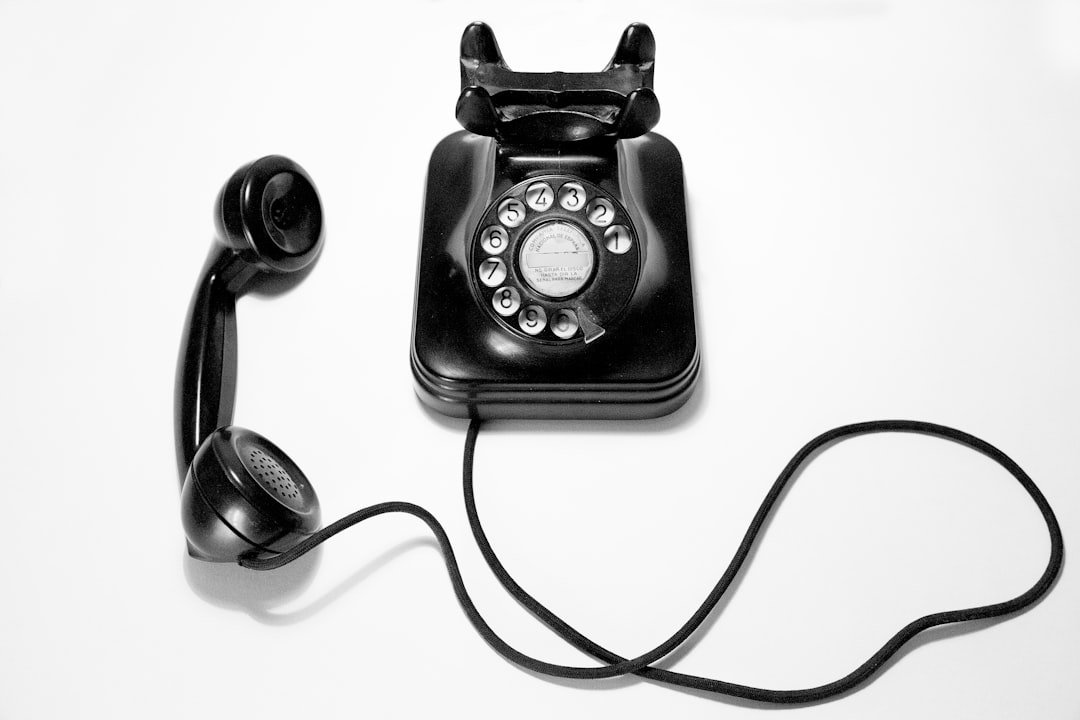Debt validation is a protected process in Louisiana under state and federal laws, including the TCPA. Consumers can request verification of debts from collectors within a reasonable timeframe to stop unwanted collection robocalls. Understanding your rights under Louisiana's Spam Call law firm regulations and federal laws ensures peace of mind and prevents harassment. Document conversations and consult legal professionals for guidance on blocking relentless calls.
In Shreveport, Louisiana, residents facing relentless collection robocalls can find respite in understanding their debt validation rights. This guide breaks down the intricate process of debt validation under the Fair Debt Collection Practices Act (FDCPA), empowering individuals to protect themselves from illegal spam calls. We’ll walk you through your rights, what to request during validation calls, and practical steps to stop unwanted nuisance calls, ensuring compliance with Louisiana’s Spam Call law firm regulations.
Understanding Debt Validation Process in Louisiana

In Louisiana, debt validation is a crucial process protected by both state and federal laws, including the Telephone Consumer Protection Act (TCPA). When you receive collection robocalls, understanding this process is essential for your rights and peace of mind. The first step involves requesting verification from the collector that they are indeed the rightful holder of the debt. This includes confirming the amount owed, the original creditor, and any associated details.
Louisiana’s Spam Call law firm regulations dictate how these requests should be handled. Collectors must provide this information in writing within a reasonable timeframe or face legal repercussions. As a consumer, you have the right to dispute the debt and seek validation, ensuring that any outstanding debt is legitimate and preventing harassment from unwanted collection calls.
Your Rights When Dealing with Collection Robocalls

When facing relentless collection robocalls, know that you have rights protected by both state and federal laws, including the Telephone Consumer Protection Act (TCPA) and Louisiana’s Spam Call law firm regulations. These laws empower you to take action against unwanted automated phone calls, ensuring your privacy and peace of mind.
The TCPA grants consumers the right to refuse automated phone calls for promotional purposes. You can instruct call centers not to contact you again by saying “stop” or “don’t call me.” Louisiana’s Spam Call law firm regulations further strengthen these rights, imposing strict penalties on collectors who violate consumer privacy. If you’ve been a victim of persistent robocalls, document the calls and consult with a legal professional specializing in consumer protection laws, especially when navigating the intricacies of the Spam Call law firm Louisiana.
What to Ask During Debt Validation Calls

When dealing with collection robocalls, knowing what to ask during debt validation calls is crucial under the Spam Call law firm Louisiana regulations. Always request verification of the debt’s validity and accuracy. Ask for the name of the original creditor, the amount owed, and a description of the debt. This information is essential to confirm if the call is legitimate and to protect yourself from potential fraud.
Additionally, inquire about the existence of a written agreement or contract related to the debt. Ensure they provide a clear explanation of your rights as a debtor under Louisiana law. It’s important to challenge any inaccurate or unverifiable claims and document all conversations for future reference and potential legal action if necessary.
Steps to Stop Unwanted Spam Collection Calls

If you’re receiving relentless collection robocalls in Shreveport, it’s time to take action. The first step is to gather information and understand your rights under the Spam Call law firm Louisiana. According to federal regulations, companies must obtain your explicit consent before making automated or prerecorded calls for marketing purposes.
To stop these unwanted calls, start by registering your number on the National Do Not Call Registry. You can do this online or by calling 1-888-382-1222. Next, consider reaching out to a reputable Louisiana spam call law firm that specializes in consumer protection. They can help you understand your legal options and take the necessary steps to block these calls effectively.






